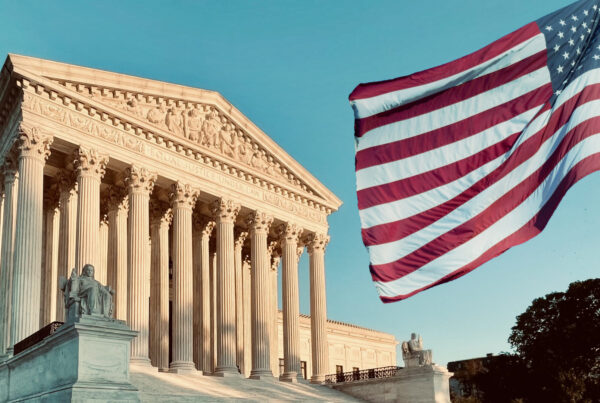Like taxes, regulations impose enormous costs on consumers, families, and businesses. Unlike tax policy, elected officials — therefore, voters — have little input into how these rules are shaped. And, for the last 40 years, Americans had limited ability to challenge federal regulations in court. Until now. As IHS alum and New Civil Liberties Alliance President and Chief Legal Officer remarked:
“The dismantling of the unlawful administrative state has begun.”

That is because, on July 9, 2024, the U.S. Supreme Court issued a landmark decision in Loper Bright Enterprises v. Raimondo.
Loper Bright overturned Chevron deference, a doctrine put into place by the Supreme Court in the mid-1980s that made it more difficult to challenge agencies when they imposed costly regulations on consumers, families, and businesses. As one might expect, as the years wore on, agencies became more and more active. Even though the U.S. Constitution only allows Congress to make laws, unelected bureaucrats were allowed to interpret statutes in ways that allowed them to pile on administrative rules.
As the erosion of economic liberalism became apparent, IHS scholars stepped in, providing the research and legal arguments needed to overturn Chevron.
Sign up below to get the full story!
